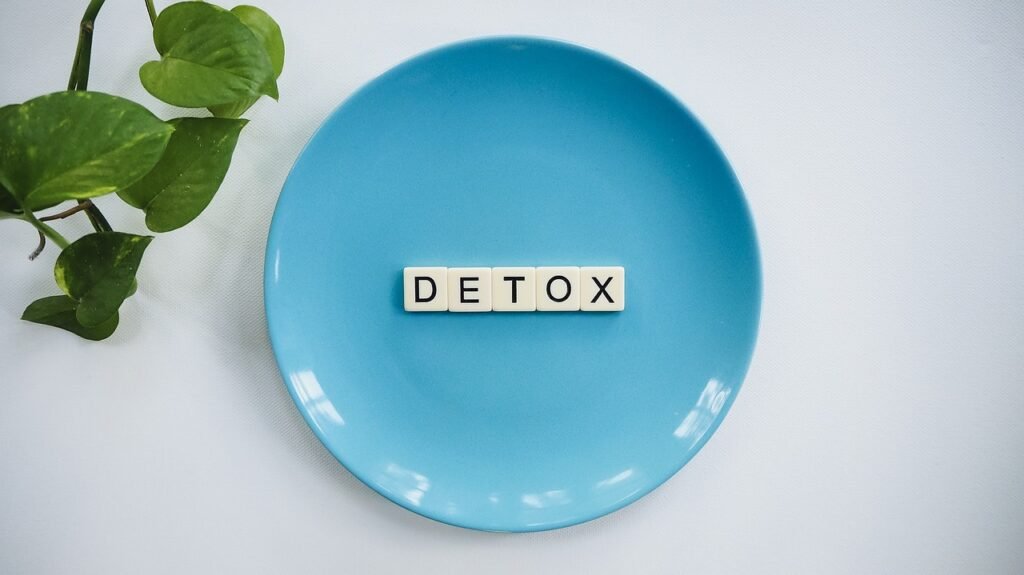Fighting with alcohol use disorder alone can be challenging. But still, there are people who like to do self-detox at home. Before talking about self-detox, let’s talk about alcohol addiction. You’re worn out on passing out, awakening hungover, and having no clue about what happened the prior night. You’re burnt out on disheartening loved ones again and again. You need to stop. That acknowledgment is the initial move toward recovery.
However, how would you move toward liquor detox?
Liquor addiction can influence the individual battling with it as well as their friends and family. Detox programs such as Marijuana detox might seem like the best way to address liquor abuse. Notwithstanding, it’s vital to remember that liquor detox can be perilous assuming it’s done at home. Detox at an expert recovery office is commonly the most suggested strategy for tending to liquor compulsion and reliance.
The Risks of Alcohol Detox At Home and Withdrawal
Many individuals are convinced, possibly by mistake, that detoxing from liquor isn’t so perilous as detoxing from different medications like fentanyl. Be that as it may, this conviction couldn’t possibly be more off-base. There are not kidding, possibly dangerous dangers implied with detoxing from liquor — particularly while you’re doing it all alone.
At the point when you quit drinking liquor abruptly, the body responds with a progression of withdrawal side effects. These side effects are excruciating, challenging to make due, and may keep going for quite a long time. With practically no medicine to help you through it, the cycle is significantly more diligently. Abrupt liquor discontinuance can cause visualizations, seizures, and even cardiovascular breakdown that might bring about death. Albeit this is uncommon, you never truly know how your body will respond to detox until you’re going through it.
Also, in the event that you utilized different substances while drinking — like heroin, doctor prescribed meds, cocaine, or meth — withdrawal side effects might be deteriorated or eccentric.
For certain individuals, the aggravation is terrible to such an extent that they choose to begin drinking once more. It turns out to be a pattern of attempting to stop yet not having the option to due to the withdrawal side effects. At the point when you enter an ongoing liquor treatment program, you’re taken out from your current circumstance and vices.
Numerous people who battle with liquor habit are additionally engaging in other ailments like wretchedness, nervousness, or behavioral conditions. Individuals oftentimes use liquor to self-cure themselves, however when they quit drinking, these issues can decline. Truth be told, certain individuals don’t understand they’re managing psychological wellness problems until they quit drinking.
What to Eat During Your Self-Detox
At the point when your body is pulling out from liquor, food will presumably be the keep going thing at the forefront of your thoughts. Eating is a significant piece of your recuperation since liquor influences how your body processes and uses supplements.
Zero in on Hydration First
Liquor withdrawal causes a wide range of side effects including exhaustion, uneasiness, gloom, loss of hunger, sickness, and retching. These side effects are most extreme somewhere in the range of 24 and 72 hours after the last beverage and may restrict your capacity to eat.
Ensure you drink a lot of liquids during this time as it will help rehydrate your body and dispose of poisons. Water, juice, stock, ice pops, and gelatin are great decisions for hydration during the beginning phases of withdrawal.
Begin With a Balanced Diet
When you can begin eating once more, it’s essential to zero in on eating a sound eating regimen. Eat food varieties from an assortment of nutrition classes in the perfect way to assist with meeting your caloric necessities. Eat a lot of products of the soil, yet don’t disregard the significance of entire grains and lean wellsprings of protein.
Take Your Vitamins and Minerals
While you’re detoxing in a long term or short term detox treatment office, they’ll typically endorse prescriptions to assist with facilitating withdrawal side effects of liquor. At home, you will not have that extravagance. However, there are a few nutrients and minerals you can take that are frequently valuable and assist with eliminating poisons. A portion of these incorporate B nutrients, multivitamins, L-ascorbic acid, vitamin E, and calcium.
Advantages Of Medically-Supervised Alcohol Detox Treatment
Due to the genuine dangers related with self-detoxing from liquor, you shouldn’t endeavor to detox from alcohol at home. A much more secure choice is to enter an virtual, outpatient detox or addiction therapy program regulated by a group of clinical experts who can offer you the consideration you want. Medically-supervised programs use FDA-approved medications such as naltrexone to help people get rid of alcohol addiction.
A portion of the advantages of clinical detox include:
- Clinical adjustment.
- Peer support.
- A protected and organized climate.
- Backslide avoidance.
- Restorative mediation.
- Family support.
- Long haul treatment (aftercare).
You have a few choices accessible to you with regards to where you’ll detox:
Inpatient Treatment: Choosing to go through withdrawal at an inpatient treatment implies you’ll profit from nonstop consideration by a group of clinical experts. It is typically suggested for individuals who have been drinking for quite a while or who polished off unnecessary measures of liquor during their fixation. One more advantage of long term treatment is that, would it be advisable for you to really want it, a specialist can endorse prescriptions to assist you with dealing with your withdrawal side effects.
Outpatient Treatment: If your habit wasn’t serious, outpatient treatment is a choice. Outpatient detox consists of visiting a treatment office consistently during detox. For most short term detoxes, you’ll detox at home. Whenever you visit the treatment office, you might be endorsed prescriptions that can assist with withdrawal side effects.

